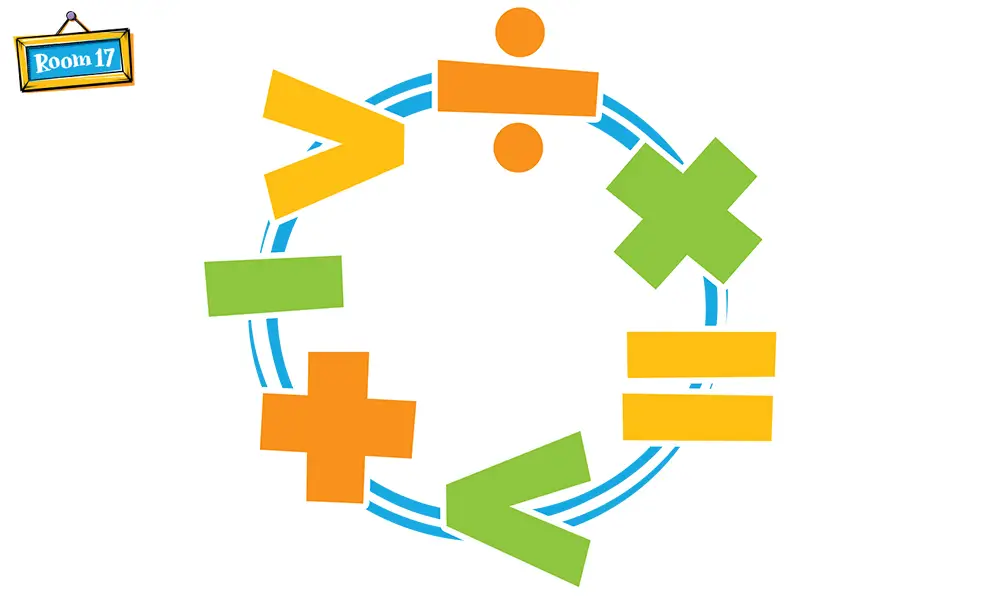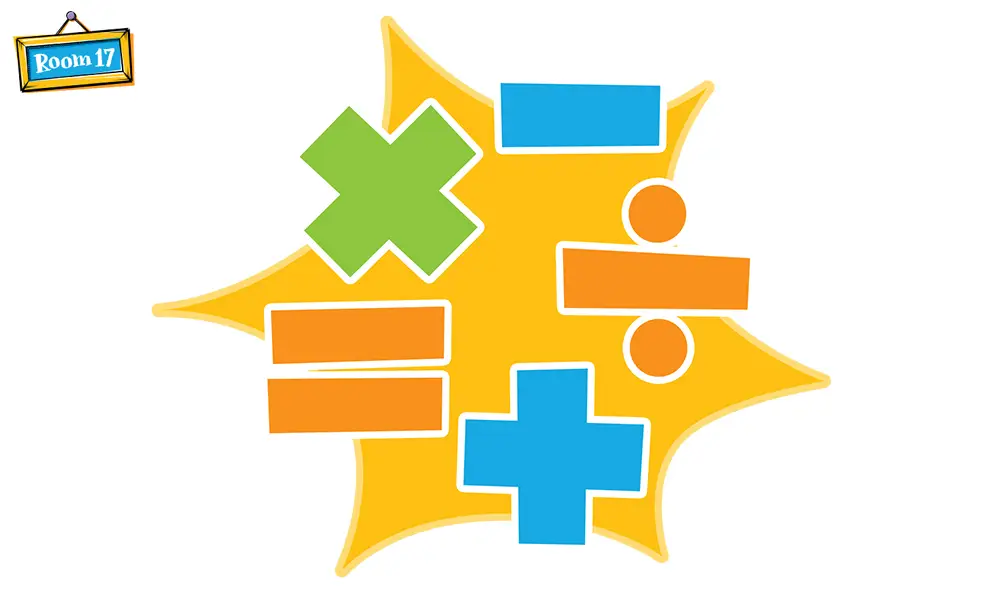
How to Help with Math Homework: Thinking Not Telling
Helping Without Giving Answers: How to Support Math Homework Through Thinking, Not Telling Few moments create more tension at home than math homework. A child sighs. A pencil taps. A parent leans in with the very best intentions—and suddenly everyone feels frustrated. Parents often tell us, “I know how to do it, but when I explain it, my child gets more confused.” Or, “If I don’t just give the answer, we’ll be here all night.” You are not alone. At Room 17 Math, we work with families every day who want to support their children without creating stress, dependence, or math anxiety. The good news? You don’t need to remember every strategy or method to be helpful. In fact, one of the most powerful things you can do during homework time is not give the answer. This post will guide you through how to shift from answer-giver to thinking partner—using open-ended questions, patience, and trust in your child’s ability to reason. Why Giving the Answer Feels Helpful—but Isn’t When a child is stuck, it’s natural to want to rescue them. Homework happens at the end of a long day. Everyone is tired. Giving the answer feels efficient. But here’s what





